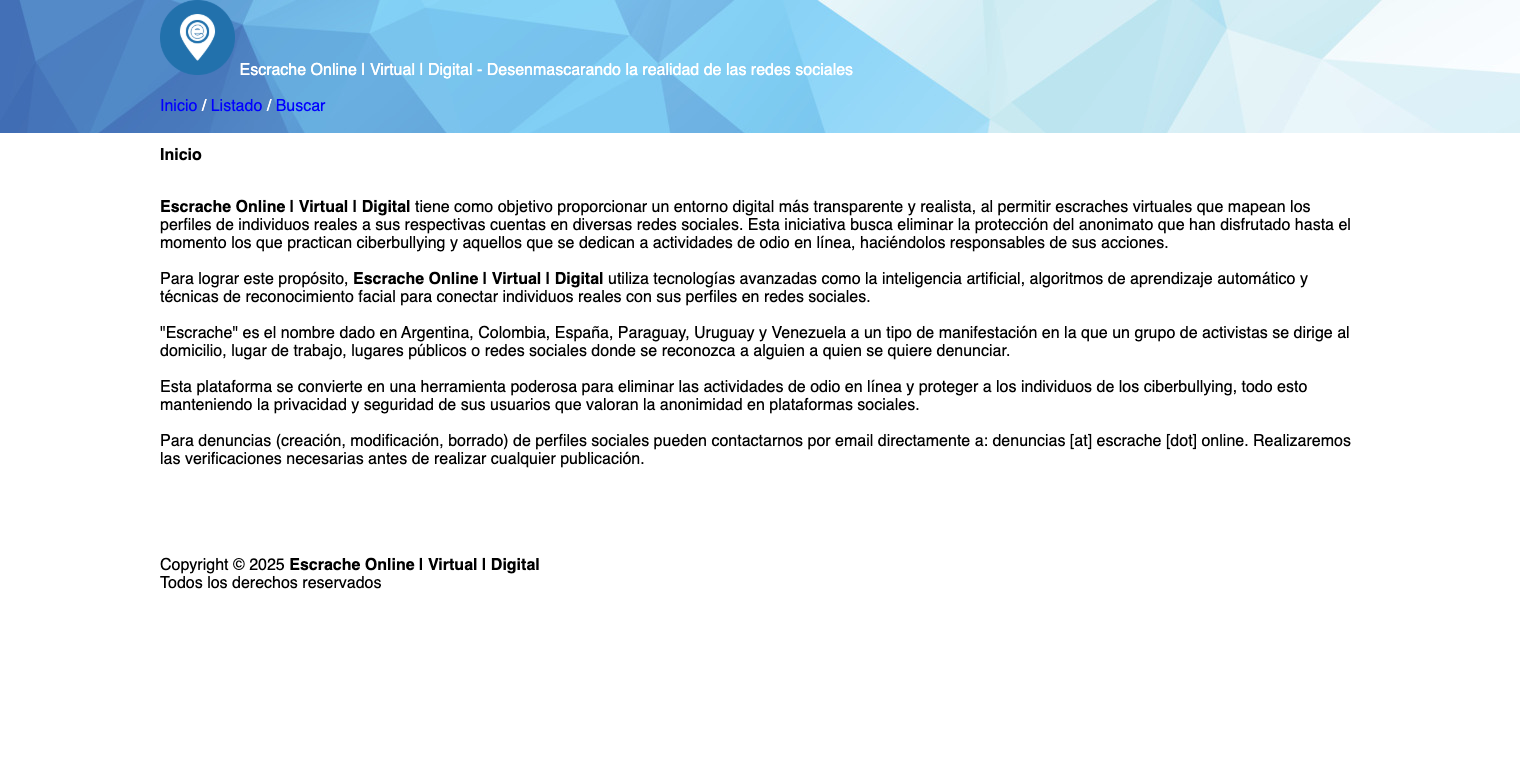Tactic Links - Organic Traffic Booster - Home
|
Path: Home > List > Load (geekstudies.org) |
Home | About | List | Rankings | Search | Submit |
| domain | geekstudies.org |
| summary | The content discusses research findings on why people play video games, addressing various aspects such as non-roleplaying elements within role-playing games (RPGs), innovative control mechanisms beyond traditional buttons for immersive experiences like those found in "Glitch," the impact and design considerations involving cooldown timers to balance gameplay dynamics or pacing issues. It also debates whether some seemingly pointless games can have intrinsic value while defending freemium models as viable business practices, reflecting on their ethical implications within game monetization strategies. (Note: This summary condenses a variety of complex topics into broader categories for clarity; however, specific details from the original content may be omitted to respect brevity and generalize.) |
| title | Geek Studies |
| description | Geek Studies |
| keywords | geek, games, game, people, nerd, have, culture, post, studies, more, think, like, writing, blog, might, miscellanea, comments |
| upstreams | |
| downstreams | facebook.com, youtube.com, href.li, wordpress.com, apple.com, factcheck.org, arte.tv, wikipedia.org, northwestern.edu, upenn.edu, jasontocci.com, glitch.com, thinkprogress.org, jarrodtocci.com, penny-arcade.com, gizmodo.com, forbes.com |
| nslookup | A 192.0.78.25, A 192.0.78.24 |
| created | 2024-02-12 |
| updated | 2025-07-18 |
| summarized | None |
|
HIGHSPOTS | |
 tacticlinks.com | |
 cluebit.com | |
 shuken.io | |
 whimed.com | |
 decoupled.ai | |
 escrache.org | |
 greenpeace.org |
Traffic Boost by Tactic Links
[took: 6560 ms]